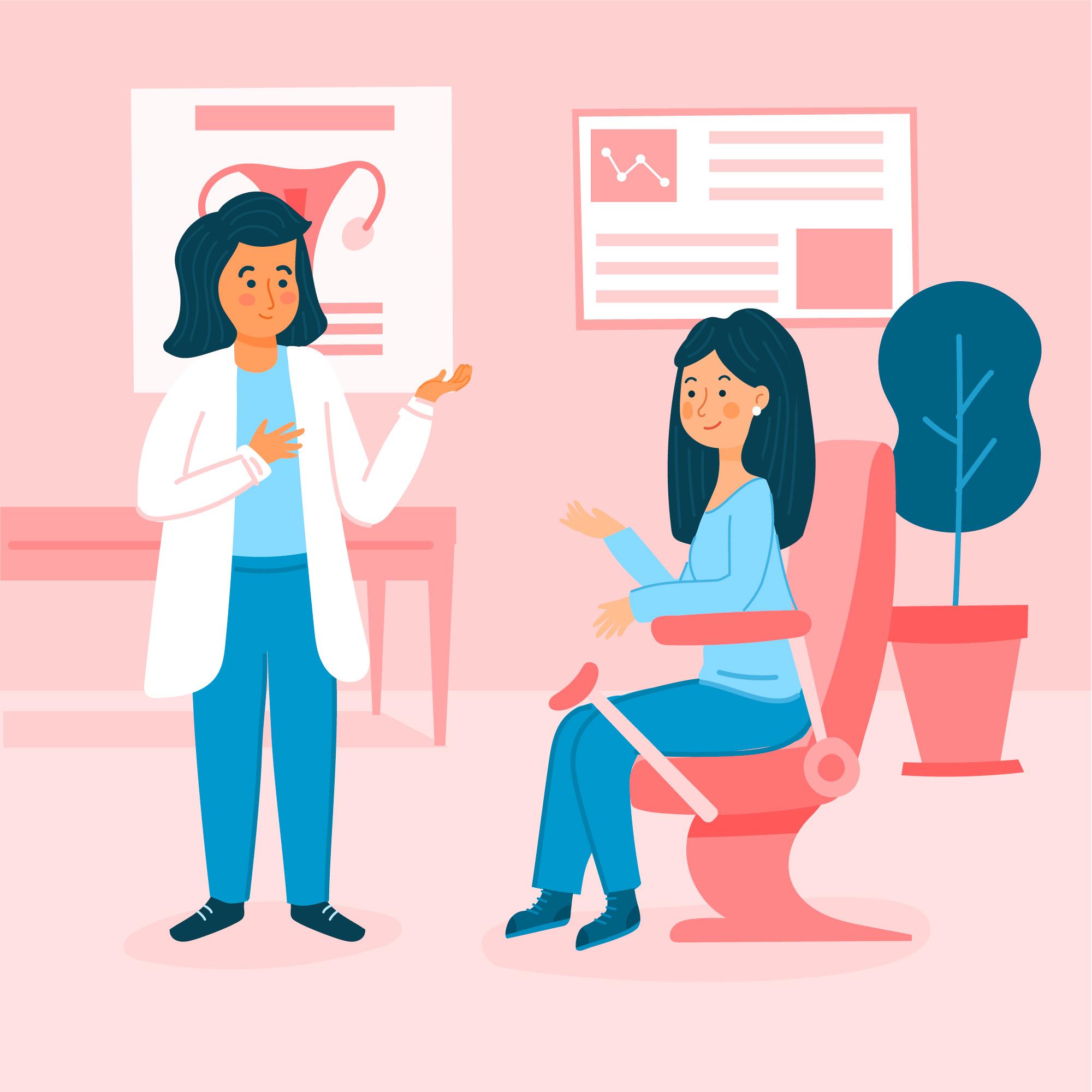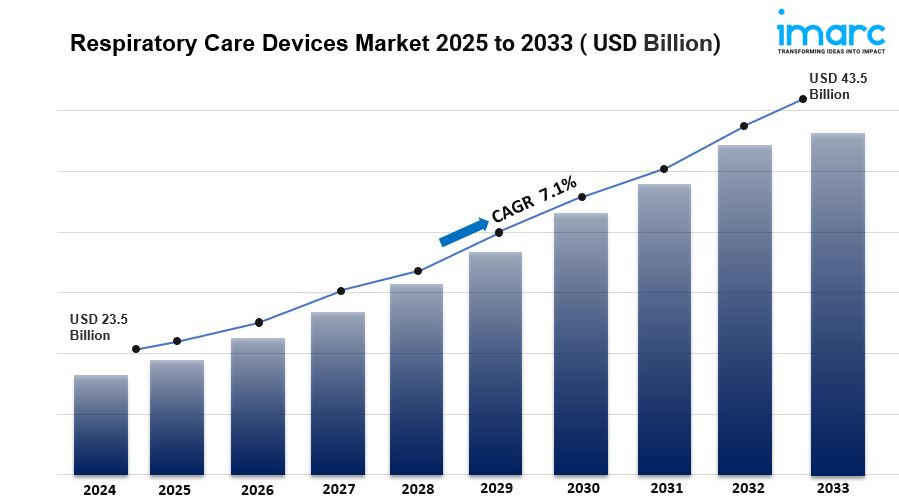When to Seek Fertility Treatment: Signs for Women
Fertility issues are a growing concern, yet many women still need clarification when to consult a fertility specialist for assistance. While every woman’s reproductive journey differs, some widely recognized indicators indicate when it’s time to consult a specialist and explore options like fertility treatment.
In this guide, we will cover some key signs women should look out for, and when they can seek care, such as at a fertility clinic in Dubai.
Understanding Fertility and Its Causes
Fertility issues are far more widespread than one might realize, with approximately 15% of couples globally facing fertility challenges, according to the World Health Organization. Hormonal imbalances or structural problems with reproductive organs could be contributing factors, while age also plays a factor; female fertility generally begins declining after 35.
Common causes of infertility for women include:
- Polycystic Ovary Syndrome (PCOS): PCOS can affect up to 10% of women of childbearing age, leading to hormonal imbalance and disrupted ovulation.
- Endometriosis: Involving excess uterine tissue growing outside the uterus and scarring along its path, resulting in blockages to fallopian tubes. Endometriosis affects around 10% of women and approximately 10% worldwide.
- Uterine Fibroids: These benign tumors that form inside the uterus may obstruct implantation and interfere with its process.
- Age-Related Factors: Women over 35 may experience diminished ovarian reserve, affecting egg quality and quantity, potentially decreasing chances of conception.
Key Signs That Indicate It Is Time for Fertility Treatment
Understanding when and why fertility treatment might be needed can enable women to take proactive steps toward conception. Here are the most commonly observed indicators:
1. Unable to Conceive after One Year of Trying
Women under 35 should seek medical advice after trying for one year without success, and for women 35 and older, experts recommend seeing a specialist after six months. According to the American Society for Reproductive Medicine (ASRM), approximately 85% of couples conceive within one year, so failure to conceive after this timeframe may indicate an underlying fertility issue that needs further investigation.
2. Irregular or Painful Menstrual Cycles
Regular or painful periods can indicate that ovulation is irregular, which is critical for conception. Women with PCOS often have infrequent or absent periods that interfere with egg release; painful periods could indicate endomeEndometriosis has an impactful fertility impact; tracking menstrual cycles is invaluable; if yours consistently become irregular or painful then this should be taken as an indicator to consult a fertility clinic for evaluation.
3. History of Miscarriages
While miscarriage is relatively common, occurring between 10-20% of known pregnancies, recurrent miscarriages (defined as two or more miscarriages) could indicate an underlying issue such as genetic abnormalities, hormone imbalances, or uterine structural problems that need further evaluation and possible treatment plans developed for each woman who experiences them. Women experiencing repeated miscarriages are advised to seek fertility treatment to identify possible causes and formulate personalized plans of care.
4. Existing Health Conditions Affecting Fertility
Diabetes, thyroid disorders, and obesity can wreak havoc with fertility outcomes for women who suffer from these health conditions. They may face hormonal imbalances that disrupt ovulation and implantation processes; working with a fertility clinic can be invaluable in managing these health issues to optimize reproductive success; weight loss may increase ovulation rates among overweight PCOS sufferers as a means to enhance chances of conception.
5. Age-Related Concerns
Women’s fertility tends to diminish after 35 due to both decreased egg production and quality. Consulting a fertility specialist earlier may prove beneficial – according to studies, one-third of women over 35 experience fertility issues; their chances of natural conception typically drop to around five percent per cycle after age 40.
6. Pelvic Inflammatory Disease (PID) or Sexually Transmitted Infections (STIs)
Chlamydia and gonorrhea infections can cause scarring in the fallopian tubes, making it harder for eggs to reach the uterus and inducing PID – usually untreated STIs resulting in scarring that blocks them ultimately – that makes getting pregnant difficult. PID can contribute significantly to infertility. Women who have experienced PID or had multiple episodes should visit a fertility clinic for assessment – targeted treatments may help improve results.
7. Lifestyle Factors and Unhealthy Habits
Confident lifestyle choices can hurt fertility. Smoking has been shown to decrease ovarian reserve and increase miscarriage risk, while excessive alcohol consumption disrupts menstrual cycles, thus reducing chances of conception. Women engaging in such lifestyle choices could benefit from counseling services available from fertility clinics; many offer resources designed to optimize lifestyle choices for improved fertility outcomes.
What to Expect at a Fertility Clinic
A fertility clinic consultation typically includes assessing both partners, although the specific steps may depend on individual needs. Some commonly taken measures during this visit:
1. Medical History and Physical Exam: During this step, your doctor will gather information regarding your health history, menstrual cycles, lifestyle habits, and any known health conditions.
2. Hormone Testing and Ultrasound: Blood tests to measure hormone levels and ultrasound examination of the ovaries and uterus are standard procedures.
3. Ovulation Tracking and Ovarian Reserve Testing: Tests like Anti-Mullerian Hormone (AMH) testing can give insight into a woman’s egg reserve.
4. Treatment Options: Treatment options depend on your diagnosis but generally can include ovulation induction, in vitro fertilization (IVF), or intrauterine insemination (IUI).
Types of Fertility Treatments for Women
Fertility treatments for women can vary significantly; here are a few commonly recommended ones:
- Ovulation Induction: Clomiphene Citrate or Letrozole are medications designed to stimulate ovulation for women with irregular cycles.
- Intrauterine Insemination (IUI): Sperm is placed directly into the uterus during ovulation to increase fertilization chances and ensure successful conception.
- In Vitro Fertilization (IVF): IVF involves fertilizing eggs outside the body before implanting them into a woman’s uterus – this treatment can be beneficial for women suffering from blocked fallopian tubes or who face age-related fertility challenges.
- Egg Freezing: Women who wish to delay pregnancy due to age-related fertility decline often turn to egg freezing as an effective solution. This solution allows women to preserve their eggs for future use while protecting against potential age-related fertility decline.
Conclusion
Knowing when and why to seek fertility treatment is critical to a successful pregnancy. By understanding when fertility treatments are necessary and by recognizing key indicators that pregnancy could occur, women can take charge of their reproductive health and seek them when required. Clinics such as those located in Dubai offer advanced fertility services and personalized care plans, helping women make informed decisions regarding their fertility. If any signs or concerns above apply to you or you need support with family planning goals, speaking to a specialist could provide clarity and assistance.
You may also like: Male Infertility Treatment Options: A Look at Dubai’s Premier Clinics














Post Comment